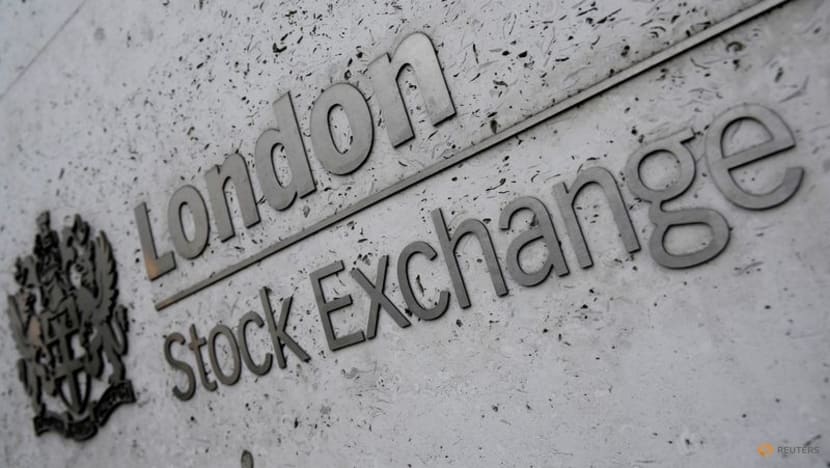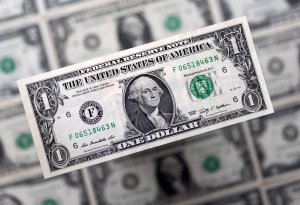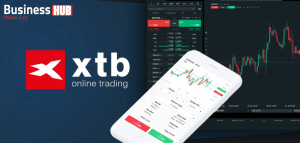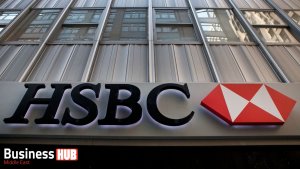Shares slipped on Monday and the dollar extended its climb amid angst over global growth as most central banks keep raising rates, while a modest easing by China served only to highlight troubles in its property market.
U.S. Federal Reserve Chair Jerome Powell headlines a host of policy makers at Jackson Hole later in the week and the risks are that he will not meet investor hopes for a dovish pivot on policy.
"We expect a reminder that more tightening is needed and there is still a lot of progress to be done on inflation, but no explicit commitment to a specific rate hike action for September," said Jan Nevruzi, an analyst at NatWest Markets.
Futures are fully priced for another hike in September, with the only question being whether it will be 50 or 75 basis points. Rates are expected to reach 3.5% to 3.75% by year end.
A Reuters poll of economists forecast the Fed will raise rates by 50 basis points in September, with the risks skewed towards a higher peak.
The STOXX index of Europe's 600 biggest stocks (.STOXX) fell 0.97% on Monday with major regional markets in the red, as investors fretted about hawkish signals from European Central Bank policymakers. read more
The European Central Bank must keep raising rates even if a recession in Germany is increasingly likely, as inflation will stay uncomfortably high through 2023, Bundesbank President Joachim Nagel told a German newspaper.
One exception to the tightening trend is China, where the central bank trimmed some key lending rates by between 5 and 15 basis points on Monday in a bid to support a slowing economy and a stressed housing sector. read more
Unease over China's economy tipped the yuan to a 23-month low, while pressuring stocks across the region.
MSCI's broadest index of Asia-Pacific shares outside Japan (.MIAPJ0000PUS) fell a further 0.9%, though Chinese blue chips (.CSI300) did manage to gain 0.7%.
South Korea's KOSPI (.KS11) shed 1.2% while Japan's Nikkei (.N225) fell 0.5%, though it has drawn support from the recent sharp reversal in the yen.
U.S. markets looked set to follow the bearish tone, with S&P 500 futures down 1% and Nasdaq futures falling 1.35%.
The S&P 500 has repeatedly failed to clear its 200-day moving average around 4,320 and ended last week down 1.2%.
BofA's latest survey of investors found most were still bearish, though 88% did expect lower inflation over time, the highest proportion since the financial crisis.
"That helps explain this month's rotation into equities, tech and discretionary, and out of defensives," said BofA strategist Michael Hartnett. "Relative to history, investors are still long defensives and short cyclicals."
He remained a cautious bear, given rising interest rates, and recommended fading further S&P rallies above 4,328.
Euro zone government bond yields edged lower on Monday, just off their multi-week highs, as inflation fears kept investors focused on expectations for more monetary tightening.
Germany’s 10-year government bond yields fell 3 basis points to 1.99%. Last Friday, it hit its highest since July 21 at 1.242%.
Global bond yields spiked last week amid the relentless drumbeat of worrying inflation data, with British 10-year yields up by the most in five years and bund yields likewise soaring on reports showing sky-high prices.
The general air of global uncertainty has tended to boost the U.S. dollar as the most liquid of safe havens, leaving it up at 108.44 on a basket of currencies. Last week, it jumped 2.3% in its best performance since April 2020.
"The USD can track above 110.00 this week if the August flash PMIs for the major economies show a further slowing in economic growth or contraction in activity," said Joseph Capurso, head of international economics at CBA, referring to surveys of manufacturing due on Tuesday.
"We also expect Powell to deliver a hawkish message about inflation, in line with recent comments from other Fed officials supporting the USD."
The dollar was firm at 136.78 yen , having shot up 2.5% last week, while the euro was struggling at $1.0035 after losing 2.2% last week.
Minutes of the European Central Bank's last policy meeting are due this week and are likely to sound hawkish, since they decided to hike by 50 basis points.
The rise in the dollar has been a setback for gold, which was pinned at $1,737 an ounce .
Oil prices were also under pressure, amid worries about global demand and the high dollar, as well as consultations between the United States and the European Union on Iran's response to the latest nuclear pact proposal.











